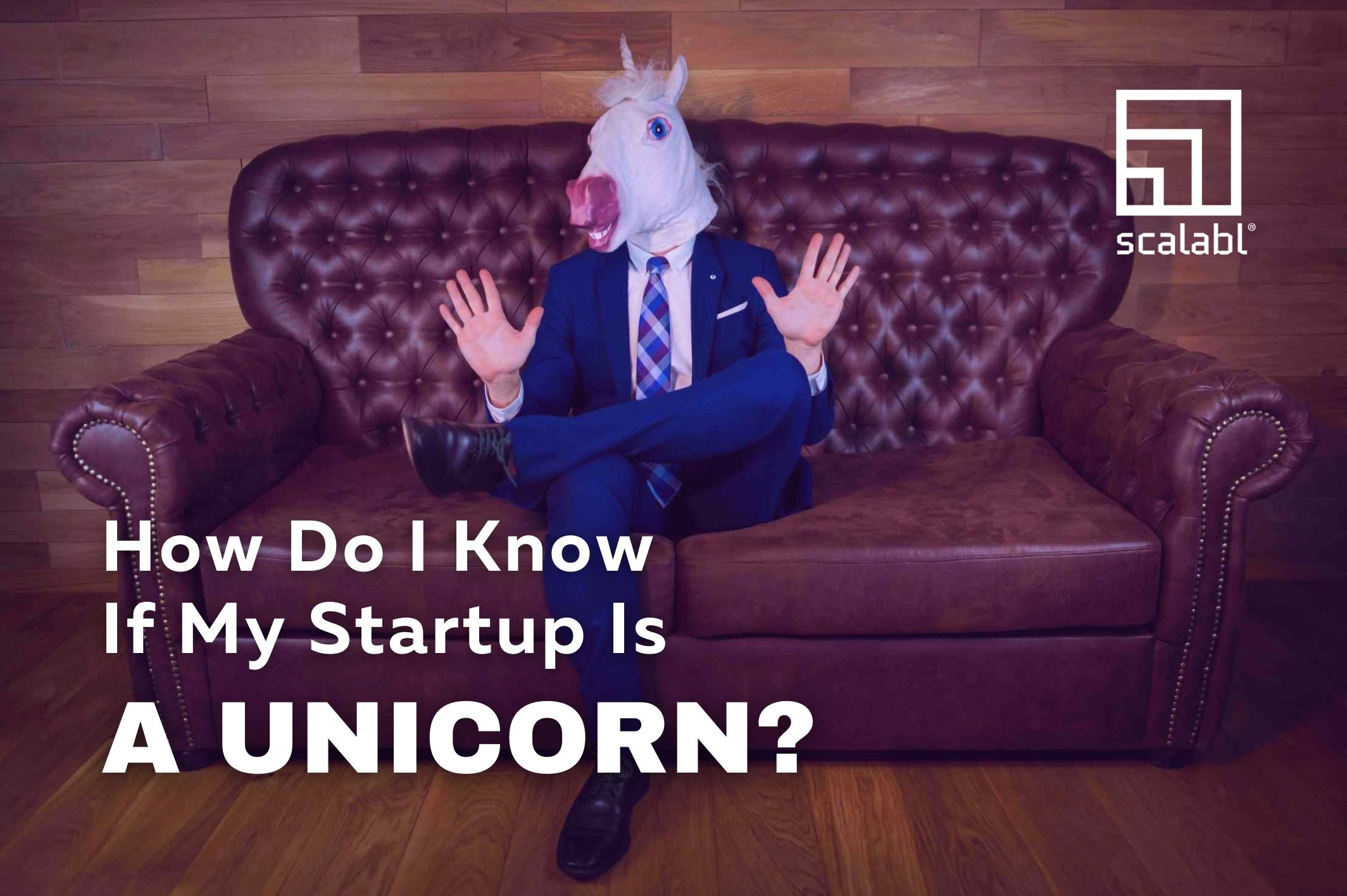

Announcing investment rounds with ridiculous Startup valuations and giving these startups a fancy and exciting name (let's call it a Unicorn), should be the motto of the current Startup Ecosystem. In the end, WeWork failed IPO and Uber's post IPO numbers and performance, among others failing "Unicorns", are making the situation more clear to everyone.

Once again, the gains of a small group of coordinated stakeholders sustaining a fallacy over a long period of time will damage so many people, and the value lost for society through misguided entrepreneurs and unsustainable business practices can't be quantified.
So, it's time we ask ourselves, what is a Unicorn? A company valued at a billion-dollars? Ok.
So, how do you value that company? Discounted cash flows, multiples? Let's make it easier.
In any purchase, the seller wants a higher price, and the buyer wants a lower one. But wait, Softbank explicitly declared that their objective is to look for Unicorns. When we talk about these companies, the buyer incentive for buying a Unicorn is clear: Press, excitement, brand, attracting more funds, bigger future rounds, etc.
With a 50 million investment for 5% of a company, you create a Unicorn and you don't even need to show any number because it's not a public company. With VCs investing in the Billions, now I understand why it's easier to find Unicorns than finding Pokemons playing Pokemon Go.
For almost 4 years I've been working and traveling globally as a digital nomad exposing this nonsense, proposing an alternative methodology found in the same books these people curiously claim they read and follow.
Once and for all, stop the abuse, and focus on creating real value for future generations! There's genuine money on solving real-world pains and problems!